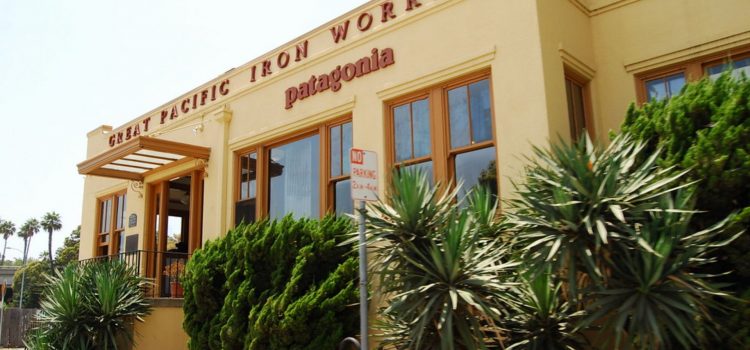

This article is an excerpt from the Shortform book guide to "Let My People Go Surfing" by Yvon Chouinard. Shortform has the world's best summaries and analyses of books you should be reading.
Like this article? Sign up for a free trial here.
What did Yvon Chouinard do before Patagonia? Where did Chouinard’s love for the environment come from?
The founder of Patagonia, Yvon Chouinard, never wanted to be a traditional businessman. His true passion was the outdoors, and more specifically, advocating for environmental protection.
Take a look at what inspired Chouinard to become an entrepreneur.
Chouinard’s Journey From Adventurer to Entrepreneur
Before Patagonia, Yvon Chouinard writes that it was his deep passion for the outdoors that propelled him into the world of entrepreneurship. As someone who disliked authority and considered himself a “dirtbag”—a person who dedicates their life to outdoor pursuits—he never intended to become a traditional businessman. Instead of pursuing success or profit, Chouinard became an entrepreneur primarily as a means to fund his climbing trips. Thus, a dedication to nature has been at the heart of Patagonia from the beginning.
(Shortform note: Like with Chouinard, personal values and interests—not the promise of large profits—have motivated many successful entrepreneurs to start their businesses. For example, Apple cofounder Steve Jobs cared more about delivering well-designed and high quality products than making a profit. Similarly, Ben Cohen and Jerry Greenfield launched Ben & Jerry’s ice cream because they were dissatisfied with where their lives were headed and they shared a passion for food.)
Chouinard developed his love for the outdoors early in life. Born in Maine, he moved with his family to California when he was a young boy. He writes that he wasn’t a good student and often felt like an outsider, so he found refuge in the outdoors—fishing, hunting, and eventually joining a falconry club that introduced him to rock climbing.
(Shortform note: Research shows that nature can help people who feel isolated find belonging and connection. Some experts believe access to green spaces improves prosocial behavior (such as sharing, cooperating, and comforting) among children and adolescents. This is because outdoor spaces encourage physical activity with peers and offer more opportunities to interact with others.)
Chouinard Equipment: An Early Commitment to Putting the Environment First
Chouinard’s entrepreneurial journey began with his dissatisfaction with existing climbing gear, which inspired him to create his own. He started crafting pitons—metal spikes that climbers hammer into rock to attach their ropes to. To reduce the environmental impact of climbing, Chouinard redesigned pitons to be reusable rather than left embedded in the rock after use, as was typical. Initially, Chouinard sold this climbing gear from the back of his car, but as demand for his gear increased, he set up Chouinard Equipment in a tin shed and hired friends to help out.
(Shortform note: By crafting a new type of piton to resolve an issue he had with the current ones on the market, Chouinard became what some experts call a user entrepreneur—someone who creates a product to solve a personal problem and then subsequently creates a business to bring that product to others. Research shows that user entrepreneurs are uniquely innovative—they’ve launched more than 46% of innovative startups that have lasted longer than five years, even though they make up only 10.7% of startups in the US.)
However, despite the popularity of his pitons, Chouinard quickly decided to discontinue the company’s flagship product because it still harmed the environment. Despite being reusable, pitons scarred the rock. Chouinard found a more sustainable alternative in the form of aluminum chocks, which could be wedged into the rock without causing damage. After Chouinard released an article about “clean climbing,” demand for the chocks skyrocketed. This decision demonstrated Chouinard’s true priorities: The environment mattered more to him than making money.
(Shortform note: Chouinard’s decision to discontinue pitons reflects a key attitude shared by many successful, long-lasting companies: Values matter most. In Built to Last, Jim Collins and Jerry I. Porras write that successful companies adopt an “and” mindset rather than an “or” mindset: They believe they can make a profit and stick to their values. Chouinard’s success with his aluminum chocks reinforces the idea that success and sustainability are not mutually exclusive—they can both be achieved with the right priorities.)

———End of Preview———
Like what you just read? Read the rest of the world's best book summary and analysis of Yvon Chouinard's "Let My People Go Surfing" at Shortform.
Here's what you'll find in our full Let My People Go Surfing summary:
- How Yvon Chouinard went from a nature enthusiast to the founder of Patagonia
- A critique of profit-first businesses that create huge environmental footprints
- Patagonia’s business principles that balance profits with sustainability

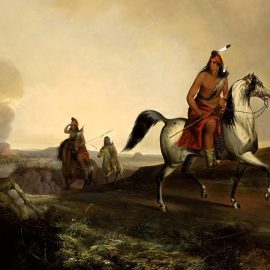

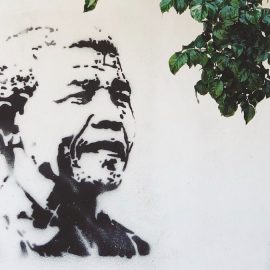

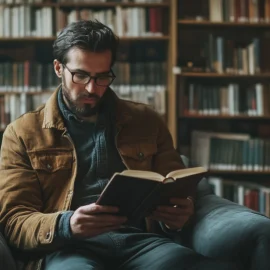
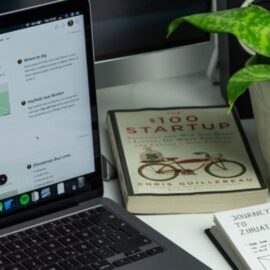
Another sub head could read: Gangster Capitalist…Patagonia took MY prototype fly fishing product and claimed original designer.